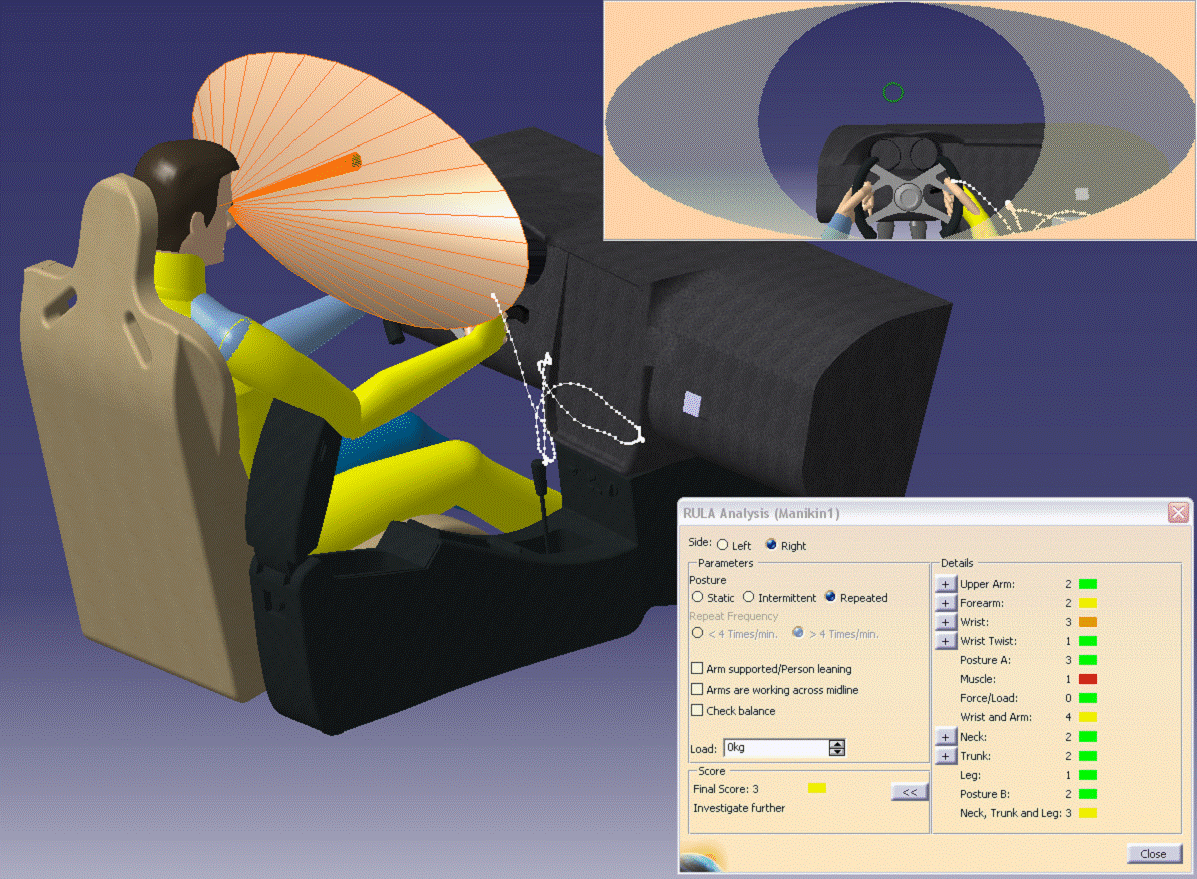HUMAN FACTORS ENGINEERING
Human Factors Engineering, also known as Ergonomics, is a crucial concentration within Industrial Engineering that focuses on optimizing the interaction between humans and systems.
The primary goal of Human Factors Engineering is to enhance system ergonomics and human well-being by designing tools, machines, and environments that complement human capabilities and limitations.
KEY AREAS OF FOCUS
HF Engineering integrates knowledge from various disciplines, including psychology, physiology, engineering, and design, to create systems that are efficient, safe, and user-friendly.
By understanding how people interact with technology and their environments, human factors engineers strive to reduce errors, increase productivity, and improve overall user experience.
APPLICATIONS OF HF
Ergonomic Design
Human-Computer Interaction (HCI)
Cognitive Ergonomics
Workplace Safety

BENEFITS OF HUMAN FACTORS ENGINEERING
Increased Productivity: By designing systems that are easier to use and more intuitive, human factors engineering can significantly increase productivity.
Enhanced Safety: Reducing the risk of human error and designing safer work environments helps protect workers and reduce accidents.
Improved User Satisfaction: Products and systems that are designed with the user in mind lead to higher satisfaction and better user experiences.
Lower Costs: Effective ergonomic design can lead to cost savings by reducing injuries, improving efficiency, and minimizing the need for redesigns.